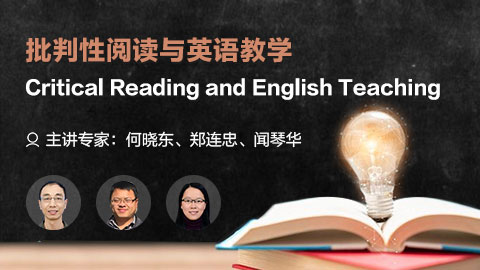1. Level of thinking - Level of difficulty
2. High level verbs - high level questions
3. Same question/task at various levels
4. High level questions use multiple times
5. Open-ended questions are not necessarily high-level questions.
Multiple-choice questions are not necessarily low-level questions.
6. All questions for all people!
Role-play: creative level? remember level?
open-ended questions: with more than one right answer
- to encourage Ss to think differently
- to call for creative ideas
closed-ended questions
Strong & weak students: stratified teaching
- cognitively complex tasks only for strong Ss
- All students have potential to learn.
- high-achieving VS low-achieving
Pygmalion Effect
1. to raise level of expectations for all
2. to model thinking strategies
3. to provide enough opportunities
4. to offer encouragement and constructive feedback
5. not to get frustrated if students do not perform well
- Teacher's high expectations may result in an increase in student performance
cognitively engaging tasks

